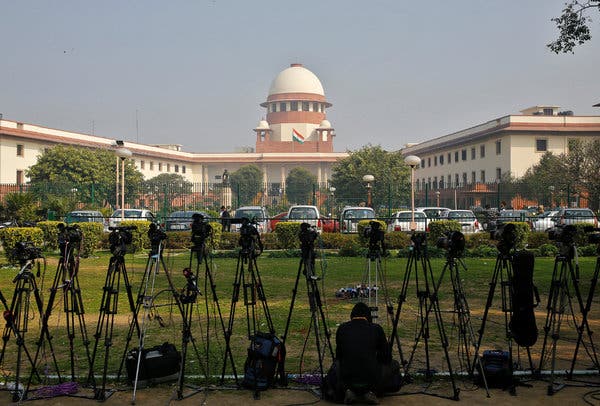In Pompeo’s 7-nation concall, focus on China over accountability, dependency
At a 75-minute video conference initiated by United States secretary of state Mike Pompeo, foreign ministers of seven countries including India, Israel and South Korea on Monday evening discussed the coronavirus pandemic, its fallout on the world economy and the way ahead.
The conference, which is being described as ‘experimental online diplomacy’, also discussed resilience in supply chains, diplomatese for dependence on only one country for supplies. In this case, China.
The Trump administration has spoken about plans to move industrial supply chains out of China for some time.
Beijing’s handling of the outbreak and the subsequent response appears to have amplified the urgency. As one US official recently described it, the pandemic has turned out to be the ‘perfect storm’ that crystallised the worries that countries have had about dependence on China.
Mike Pompeo had alluded to Monday’s video conference on April 29 when he declared that the US government was working with Australia, India, Japan, South Korea, New Zealand and Vietnam to “move the global economy forward” and explore restructuring “supply chains to prevent something like this from ever happening again”.
Monday’s video conference is seen to be the first big step, joined by India’s Foreign Minister S Jaishankar, Australia’s Marise Payne, Israel’s Yisrael Katz, Japan’s Taro Kono, Brazil’s Ernesto Araújo and South Korea’s Kang Kyung-wha.
To be sure, the video conference wasn’t a single-agenda initiative.
Jaishankar tweeted the conversation covered pandemic response, global health management, medical cooperation, economic recovery and travel norms. “Look forward to continuing this engagement,” he said.
People familiar with the development told Hindustan Times that more friendly countries were expected to join similar engagements in future.
At the Monday conference, they said each country shared its experience in handling the outbreak and how they could help. For instance, Israel talked about the vaccine that it believes is within its grasp, Pompeo about economic recovery.
The sentiment was that recovering from this pandemic – which was quite unlike previous virus outbreaks that were limited to particular parts of the world – is going to be a long haul. That the countries should prepare for long-term solutions and cooperation among friendly countries is going to be the essence of any recovery plan.
But China and its response to the pandemic may have been a recurring theme through the conversation.
A US state department readout of the video conference said the foreign ministers had discussed the importance of international cooperation, transparency and accountability in “combating the Covid-19 pandemic and in addressing its causes”.
The United States has accused Beijing of suppressing early information about the outbreak of the virus first detected in the central city of Wuhan, and downplaying its risks. Last month, President Donald Trump also announced that Washington would hold back its $ 400 million funding to the World Health Organisation that has been blamed for playing along with Beijing.
The US decision to hold back the money – it funded 15% of the WHO’s budget – has spotlighted the role of the World Health Organisation chief Tedros Adhanom Ghebreyesus and ignited calls from other countries for transparency and accountability for the pandemic.
State Department spokesperson Morgan Ortagus said the seven leaders “also discussed collaboration toward preventing future global health crises and reaffirmed the importance of the rules-based international order.
“The rule of law, transparency, and accountability will be key to our shared success,” Pompeo later tweeted. Australian Foreign Minister Marise Payne’s office also made the same point on transparency, underlining that “learning the lessons of this pandemic are critical to prevent future global health crises”.






